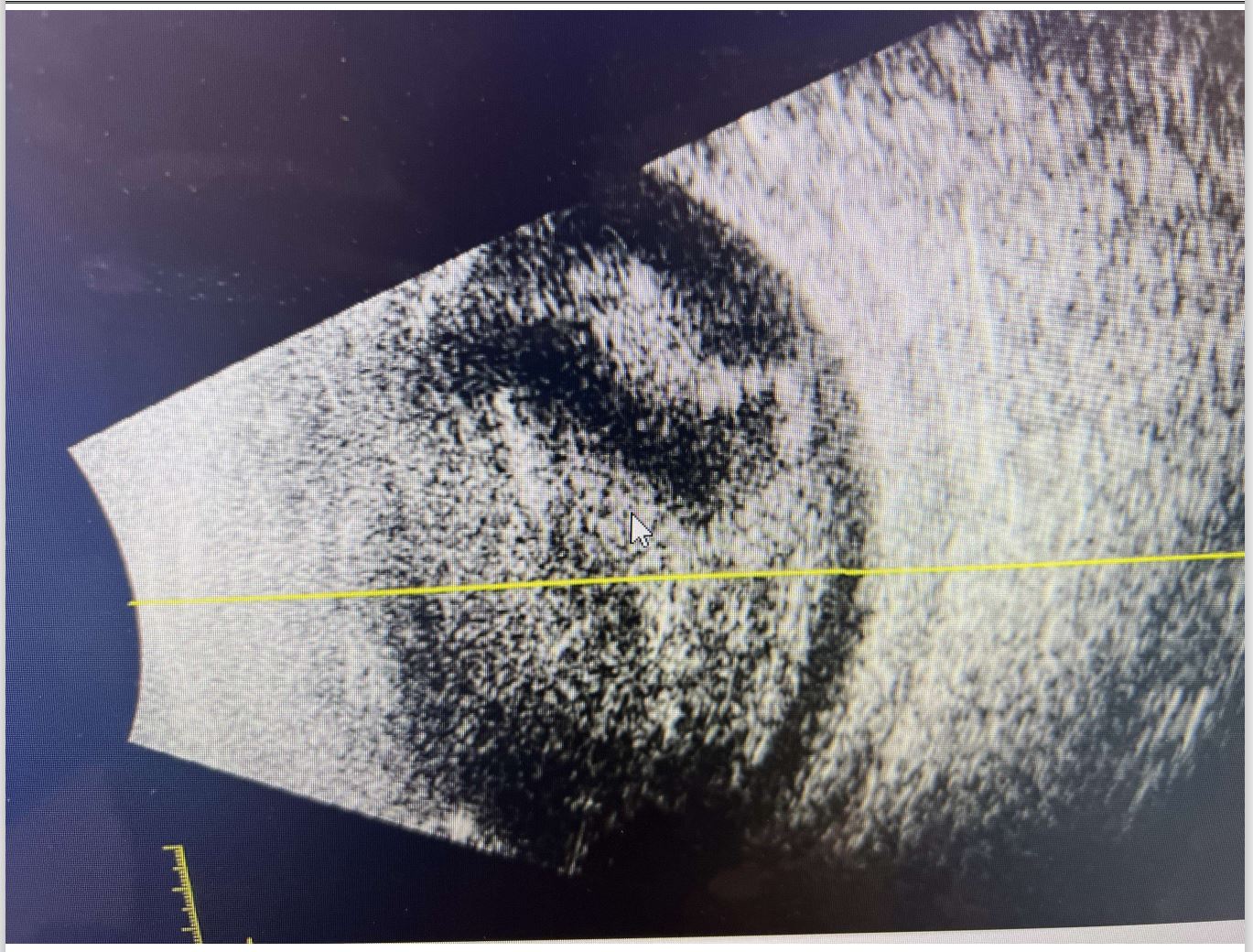Infectious Diseases
Infectious Diseases 5
433 - Herpes simplex virus 2 acute retinal necrosis
Publication Number: 433.419
- SK
Samantha L. Krieger, MD (she/her/hers)
Pediatric Resident
Tulane University School of Medicine
New Orleans, Louisiana, United States
Presenting Author(s)
Background: Acute retinal necrosis is defined as an intraocular inflammatory syndrome characterized by uveitis, vitritis and retinal necrosis often seen in immunocompetent patients. Known viral etiologies include varicella-zoster, herpes simplex virus, cytomegalovirus, and Epstein-Barr virus. Medical management following surgical repair often includes intravenous antivirals but oral treatment and duration of treatment remain unknown at this time.
Objective: Through the lens of a case report, discuss the need for further research into acute retinal necrosis treatment guidelines.
Design/Methods:
This is a case report.
Results: A 17-year-old male with chronic migraines initially presented to his primary care physician with worsening headache, left eye pain, injected sclera and blurry vision. He went to the emergency department for further evaluation, given an abortive headache medications, erythromycin ointment and prescribed topical steroids for conjunctivitis. Additionally, he received one month of systemic steroids. His erythema resolved after one week but his vision continued to deteriorate. Laboratory evaluation was ordered and returned positive for herpes simplex virus 1 and 2 IgG; rapid plasma reagin, toxoplasmosis and tuberculosis negative. These results and the lack of improvement in his vision prompted ambulatory evaluation with infectious disease and ophthalmology, and he was started on valacyclovir 1000mg three times per day. Significant diagnostics include herpes simplex virus 1/2 combined IgG detected (20.30 IV), Bartonella henselae antibody detected (1:64 -equivocal), Epstein-Barr virus VCA Ab IgG positive ( >600.0 U/mL) and Epstein-Barr virus nuclear antigen Ab IgG positive (28.2 U/mL). Chest x-ray did not reveal nodules or adenopathy. Ophthalmology examination revealed left eye vitritis and serous retinal detachment on b-scan as well as possible iritis. Surgical reattachment of his retina was performed without complications and foscarnet was injected intraoperatively. Herpes simplex virus 2 was detected by PCR in the vitreous, herpes simplex virus 1 by PCR was not detected. Following the repair, he reported improvement in peripheral vision but no return of central vision. He completed six weeks of high dose valacyclovir 1000mg three times per day before transitioning to prophylaxis with 500mg daily, with plans for lifelong prophylaxis.
Conclusion(s): There are limited guidelines from clinical studies regarding treatment for acute retinal necrosis. Yet, early treatment is imperative in adequate outcomes. Further research must be conducted into antiviral therapies, dosing, and length of treatment.
